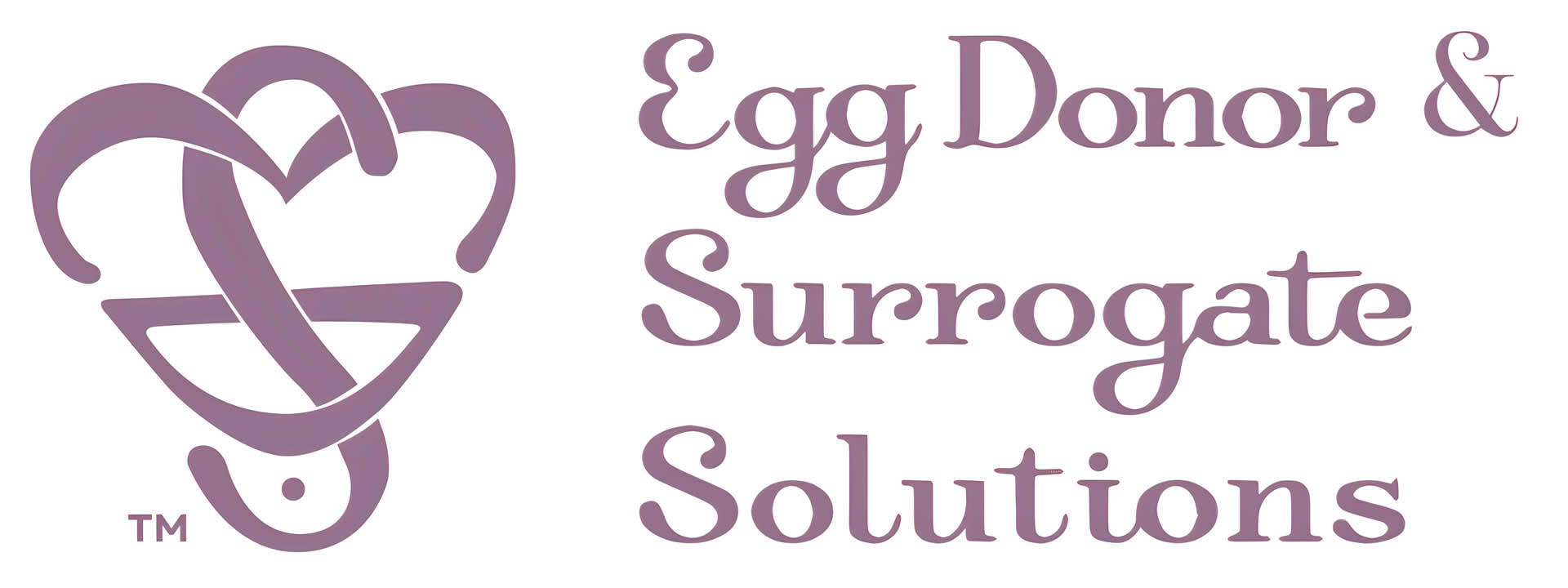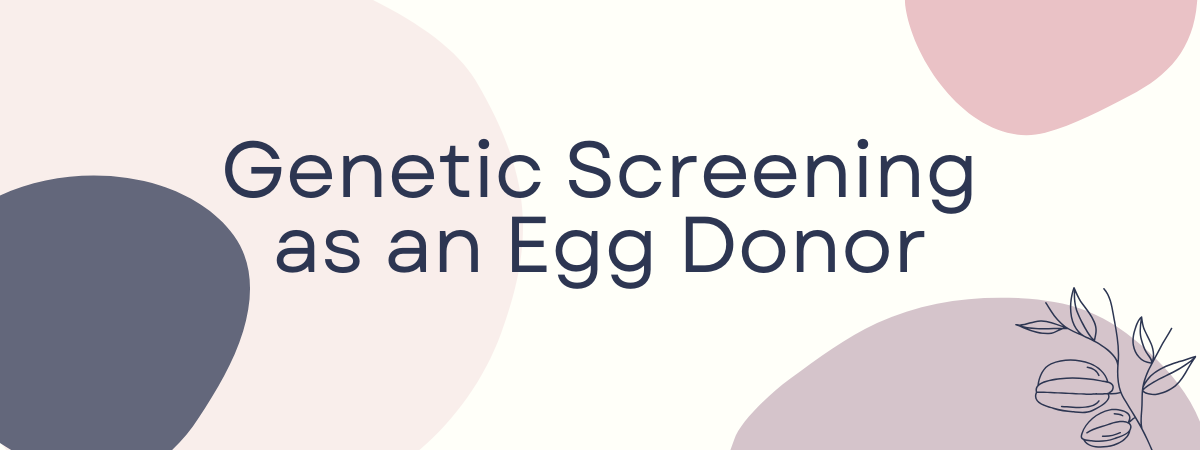A consultation with a genetic counselor is a crucial step in the screening process for medical clearance in egg donation.
In this meeting, the counselor examines your personal and family medical history to identify potential hereditary conditions that could be inherited by offspring. They will meticulously review your family tree, spanning parents, siblings, grandparents, aunts, uncles, nieces, nephews, and first cousins.
While sharing all available family health history is vital, the counselor focuses on identifying any significant medical conditions or issues affecting children, such as learning disabilities, chronic illnesses, or premature death. Following the guidelines of the American Society of Reproductive Medicine, genetic testing is also conducted (usually via blood or saliva samples) to screen for hereditary diseases like cystic fibrosis, sickle cell anemia, spinal muscular atrophy, Tay-Sachs, and Fragile X syndrome, among others.
Based on your family health history, additional testing may be recommended. Many donors now undergo expanded genetic carrier screening, which assesses over 100 diseases to determine if the donor carries specific gene mutations that could pose health risks to offspring. While your physician and clinic will have their recommendations, Egg Donor & Surrogate Solutions encourages expanded carrier screening to offer intended parents comprehensive insights into their child’s family health history and provide donors with valuable information about their own health.
After the genetic consultation and carrier screening, you will receive copies of both reports. The counselor will discuss any implications for your health or your family’s health. It’s important to understand that with expanded carrier screening, the likelihood of testing positive for genetic mutations increases, but this doesn’t necessarily disqualify you from egg donation or indicate a significant health concern. Most conditions screened for are recessive, requiring both egg and sperm sources to carry the recessive gene to pass on the condition to a child. If you’re found to be a carrier, your panel will be compared to the intended father’s.
If you’re identified as a carrier, the specific condition is considered. For serious X-linked conditions like Fragile X, you may be disqualified from the program due to the risk of passing the disease to a child. However, such circumstances are rare. If the intended father is also a carrier, there’s a 25% chance of the child inheriting the disease: if not, there’s no risk.
Being a genetic carrier doesn’t imply poor health or automatic risk to the child. Further evaluation, including testing the intended father, can alleviate parents’ concerns about potential risks to their future child. Ultimately, ensuring a healthy child is paramount.
As an egg donor, undergoing these screenings is quite beneficial to you & it can provide helpful insight when building your own family. Tune in to hear what donor’s say about their experiences & advice to anyone thinking about becoming an egg donor.
Becoming an egg donor also offers the opportunity to learn about your genetic makeup and advocate for your health. If you have any questions or concerns about genetic screening, please contact your Care Coordinator at Egg Donor & Surrogate Solutions.
Our team is dedicated to advocating for you and ensuring a smooth journey toward creating happy families.













